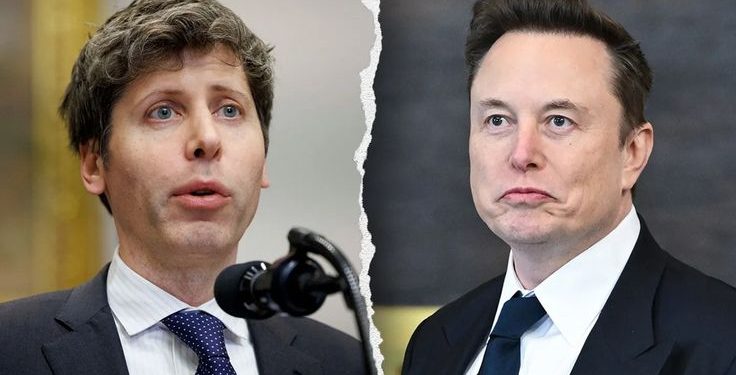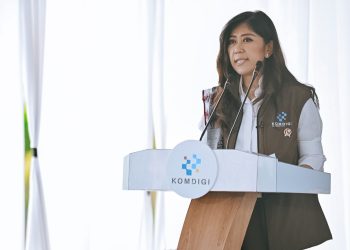Jakarta, Indonesia Sentinel — Elon Musk and a consortium he leads have set aside $97.4 billion to acquire OpenAI, the company behind ChatGPT. According to The Wall Street Journal, Musk’s attorney, Marc Toberoff, stated that he submitted a bid on Monday to OpenAI’s board of directors for all of the nonprofit’s assets.
Musk has long been at odds with OpenAI CEO Sam Altman, filing multiple lawsuits against him and the company. He has accused OpenAI and its leadership of misrepresenting the organization as a philanthropic endeavor while pursuing profit through AI-driven products.
OpenAI operates under a nonprofit umbrella that controls OpenAI LP, a for-profit entity within its broader corporate structure. The company has grown from a non-valued startup to a tech giant worth around $100 billion in just a few years.
“If Sam Altman and the current board of OpenAI Inc. intend to fully convert into a for-profit company, it is critical that the nonprofit arm is fairly compensated for what its leadership has taken—control over the most transformative technology of our time,” Musk said, in a statement provided by Marc Toberoff, as reported by CNN.
“It’s time for OpenAI to return to its roots as an open-source, safety-focused force. We will ensure that happens,” he added.
Altman responded to the takeover attempt with a tongue-in-cheek post on X, rejecting Musk’s bid and jokingly offering to buy X (formerly Twitter) for $9.74 billion instead.
OpenAI
Musk co-founded OpenAI in 2015 but parted ways with the company over disagreements about its transition into a for-profit entity.
OpenAI was initially established under the belief that artificial general intelligence (AGI) posed a serious risk to humanity. The company formed a governance board to oversee its developments, and its product code was initially open-source.
However, with major backers like Microsoft and venture capital firm Thrive Capital, OpenAI has faced increasing pressure to commercialize its AI products and deliver returns to investors.
This dynamic has pushed Altman to accelerate innovation and bring products to market more quickly. In Silicon Valley’s tradition of “moving fast and breaking things,” early AI products have not always functioned flawlessly. This raises concerns about AI systems’ ability to mimic human speech and behavior convincingly, potentially misleading users with fabricated conversations and images.
Competition from Deepseek
Chinese AI firm Deepseek has recently shaken up the global market, surpassing ChatGPT as the most downloaded free app on Apple’s U.S. App Store.
The Hangzhou-based company has drawn attention on Wall Street and in Silicon Valley for developing AI models at significantly lower costs and with far less computing power than major U.S. tech firms like OpenAI, Google, and Meta typically invest.
Read also:
Dubai Unveils Plans for ‘Islands in the Sky’ a Floating Oasis 100 Meters Above Ground
Deepseek has also made waves with its latest AI model, which was developed without relying on Nvidia’s H100 chips, components subject to U.S. export restrictions.
The company’s breakthrough sent shockwaves through the market, triggering a plunge in Nvidia’s stock that wiped out nearly $600 billion in market value, marking one of the largest single-day losses in Wall Street history.
Elon Musk bid for OpenAI adds another layer of uncertainty to the already complex landscape of artificial intelligence development, as industry giants compete for dominance in the rapidly evolving sector. With OpenAI at the center of a high-stakes power struggle, the future of AI innovation—and who controls it—remains uncertain.
(Raidi/Agung)

























